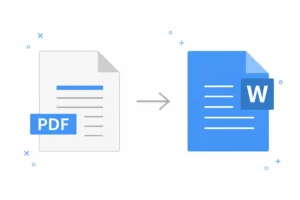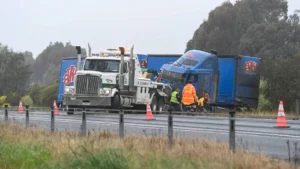Lawmakers officially launched an 18-month investigation into Alaska’s struggling schools on Tuesday by convening the first education task force meeting. Members aim to identify solutions for chronic underperformance and consider reforms to how school funds operate, including transportation, insurance, utilities, and facility maintenance.
The bipartisan bicameral panel will gather testimony, host public hearings, and deliver recommendations before lawmakers reconvene in January 2027. Governor Mike Dunleavy demanded an immediate special session on education, but legislators instead prioritized long-term reforms through the newly created task force.
Dunleavy, who faces term limits, will leave office before any final recommendations appear, leaving future administrations to implement proposed reforms. Legislative leaders emphasized collaboration, though initial discussions revealed sharp divisions over priorities ranging from standardized testing methods to local government authority.
Task force co-chair Senator Loki Tobin expressed optimism that lawmakers can cooperate on shared values while acknowledging significant challenges remain unresolved. Representative Rebecca Himschoot stressed that improving education requires holistic solutions, noting that food security, class sizes, and teacher quality directly impact student outcomes.
Representative Justin Rufffridge pushed for stronger accountability, urging debate on whether standardized testing should remain central to evaluating Alaska’s struggling schools. Senator Jesse Kiehl suggested empowering local governments with border decision-making authority, while Senator Mike Cronk highlighted successes from Alaska’s bipartisan READS Act.
This year’s legislature increased the base student allocation, but Ruffridge argued lawmakers must reassess funding formulas for rural districts and intensive needs students. He warned that maintaining outdated formulas risks further inequities, especially as state officials neglect rural school facilities facing long-term maintenance crises statewide.
Cronk emphasized creating a durable fiscal plan, insisting reliable funding remains crucial for schools and other essential government services across Alaska. Although a 2021 legislative task force drafted a budgetary framework, lawmakers never adopted recommendations highlighting challenges ahead for Alaska’s new initiative.










